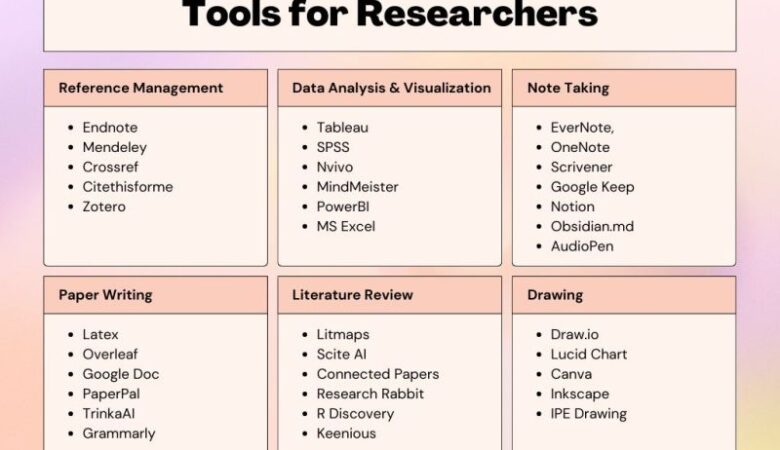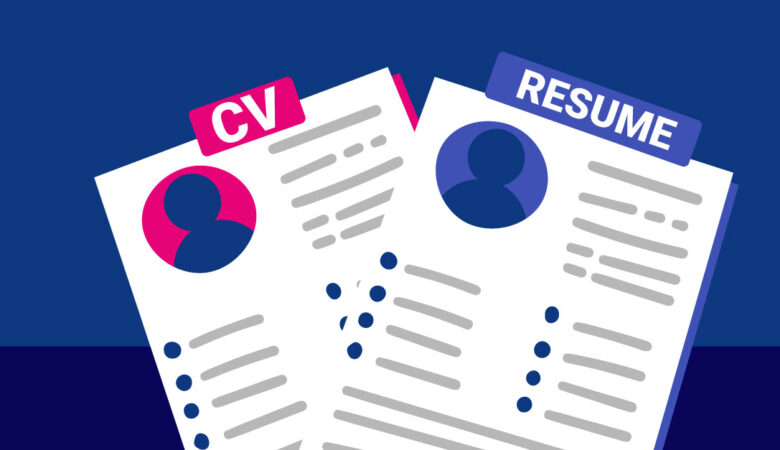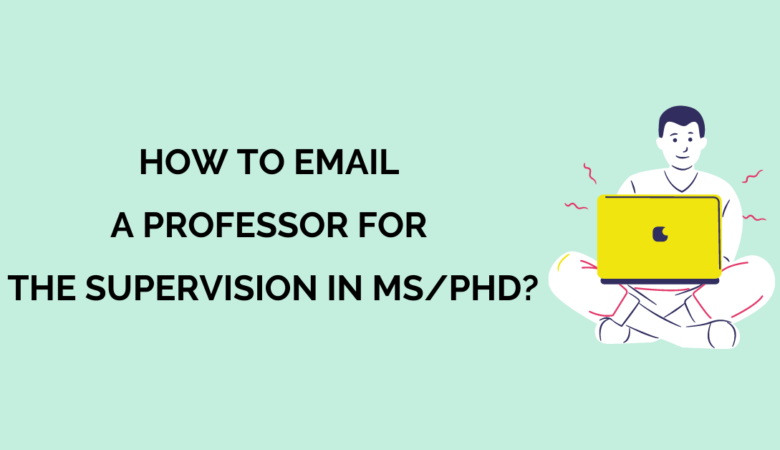Studying abroad is a life-changing experience. It opens up new academic, cultural, and professional horizons. However, not every student can afford the high cost of international education. If you’re planning to study abroad but lack a full scholarship or financial aid, working part-time or even full-time while studying can be a game-changer.
This article highlights the 6 best countries where international students can work while they study, helping you earn money, gain work experience, and support your academic journey abroad.
🌍 Why Work While Studying Abroad?
Finding a part-time or full-time job while studying can have tremendous benefits:
- Financial Support: Helps cover tuition, accommodation, and daily expenses.
- Professional Experience: Adds valuable skills to your résumé.
- Cultural Immersion: Lets you integrate better into local society.
- Time Management: Develops discipline and work-life balance.
However, one of the biggest challenges international students face is work permit regulations. Some countries are more welcoming, while others have strict labor laws for foreign students. Here’s a deep dive into the most student-friendly countries in terms of work-study opportunities.
🇨🇦 1. Canada – A Welcoming Environment for Student Workers
Canada is among the top destinations for international students. It’s known not only for its quality education but also for its lenient work policies for students.
✅ Work Regulations for Students in Canada
International students with a valid study permit can work up to 20 hours per week during academic sessions.
During breaks (summer/winter holidays), you can work full-time.
You can work on-campus or off-campus without needing a separate work permit.
💡 Post-Graduation Benefits
- Eligible for a Post-Graduation Work Permit (PGWP) for up to 3 years.
- Pathway to permanent residency through programs like Express Entry.
📌 Popular Student Jobs in Canada
- Customer service
- Teaching assistants
- Research support staff
- Hospitality and retail
Canada’s flexible rules and high quality of life make it an ideal country to study and work abroad in 2025.
🇦🇺 2. Australia – Great Weather and Work-Friendly Laws
Australia is another top study destination for international students due to its relaxed lifestyle and world-renowned universities.
✅ Work Regulations in Australia
Students can work up to 48 hours every two weeks during semesters (as of 2024 updates).
Unlimited working hours during official semester breaks.
No separate work permit is needed – your student visa includes work rights.
💡 Why Australia Is Student-Friendly
- Fair labor laws with decent minimum wages.
- High demand for part-time workers in retail, hospitality, and customer service.
- Strong university-industry collaborations for internships.
📌 Part-Time Jobs in Demand
- Waitstaff/baristas
- Tutoring
- Delivery services
- Supermarket assistant
Australia makes it easy for you to balance studies and part-time work while enjoying the sunny beaches and vibrant student life.
🇩🇪 3. Germany – Tuition-Free Education and Work Opportunities
Germany is known for its tuition-free public universities, making it incredibly attractive to international students. But it gets better — you can also work while studying.
✅ Work Rights for International Students
Non-EU students can work 120 full days or 240 half days per year.
You must inform the Federal Employment Agency and your university before starting a job.
Students enrolled in language or foundation courses have restricted access to jobs.
💡 Post-Study Work Visa
- After graduation, you can apply for an 18-month residence permit to find a job related to your degree.
📌 Common Jobs for Students
- Academic research assistant
- Library worker
- Tutoring
- Café staff or store associate
Germany combines affordability and career potential, making it one of the best countries to work while studying.
🇳🇿 4. New Zealand – Work and Study in a Nature-Lover’s Paradise
New Zealand is well-known for its breathtaking landscapes and high-quality education. But it also supports students through generous work rights.
✅ Working Rights for International Students
Up to 20 hours per week during the academic year.
Full-time during official breaks.
Students enrolled in Masters by Research or Doctoral programs can work full-time all year round.
💡 After Graduation
- Apply for a post-study work visa to stay and gain experience.
- Pathway to residency for graduates with relevant job offers.
📌 Jobs for Students
- Agricultural work
- Barista or restaurant jobs
- Campus IT or tutoring services
- Administrative assistant
New Zealand offers an incredible opportunity for students to earn and learn in a supportive and friendly environment.
🇬🇧 5. United Kingdom – World-Class Education with Flexible Work Options
The UK is home to some of the world’s oldest and most prestigious universities. It also allows students to work and build their professional profile.
✅ Work Policy for International Students
Students on a Tier 4 student visa can work up to 20 hours per week during term time.
Full-time work is allowed during vacations.
Work rules may vary slightly based on course level and sponsor.
💡 Post-Graduation Route
- The Graduate Route allows international students to stay in the UK for 2 years (or 3 for PhD graduates) to work or look for work.
📌 Popular Student Jobs
- Sales assistants
- Freelance creative work (with permission)
- Tutoring
- Hotel and restaurant jobs
With strong earning potential and exposure to global industries, the UK remains a top country to study and work abroad.
🇮🇪 6. Ireland – Work While You Study in a Tech-Focused Economy
Ireland has become a tech and research hub in Europe, attracting students from all over the world.
✅ Working in Ireland on a Student Visa
Non-EU/EEA students can work up to 20 hours per week during term and 40 hours per week during holidays.
Work is automatically permitted with Stamp 2 permission.
💡 Post-Graduation Work Visa
- After graduation, you may qualify for the Third Level Graduate Scheme, which allows you to stay for up to 2 years and find employment.
📌 Student Jobs in Ireland
- IT support
- Retail and food service
- Internships in tech companies
- Research assistants in universities
Ireland’s welcoming work policies and booming tech industry make it a fantastic place to study, work, and launch a career.
❌ Countries With Work Restrictions for Students
While the above countries are welcoming, some nations have strict or confusing work policies for international students.
Italy: Although allowed, getting a part-time job can be difficult due to administrative hurdles.
China: Permits work under certain conditions, but the application process for work permits is complicated.
United States: Allows work under F-1 visa conditions, but mostly on-campus or with CPT/OPT programs, which are restrictive and complex.
Always consult with your university’s international student office and your host country’s immigration department for the latest updates.
✨ Final Thoughts: Choose Your Destination Wisely
Working while studying abroad is not just a financial necessity for many – it’s also a gateway to career growth, networking, and real-world skills. When choosing a country, consider the availability of jobs, cost of living, and post-study work options.
If your goal is to build a better future while earning on the side, the countries listed above — Canada, Australia, Germany, New Zealand, the UK, and Ireland — provide the best ecosystems to help you succeed.
🌟 Pro Tip:
Before choosing your destination, research student visa conditions, local job markets, and language requirements. Some part-time jobs may require fluency in the native language or specific skill sets.







Can you send me ,how do we study in Sweden or United Kingdom?
It is very useful information I like your update information